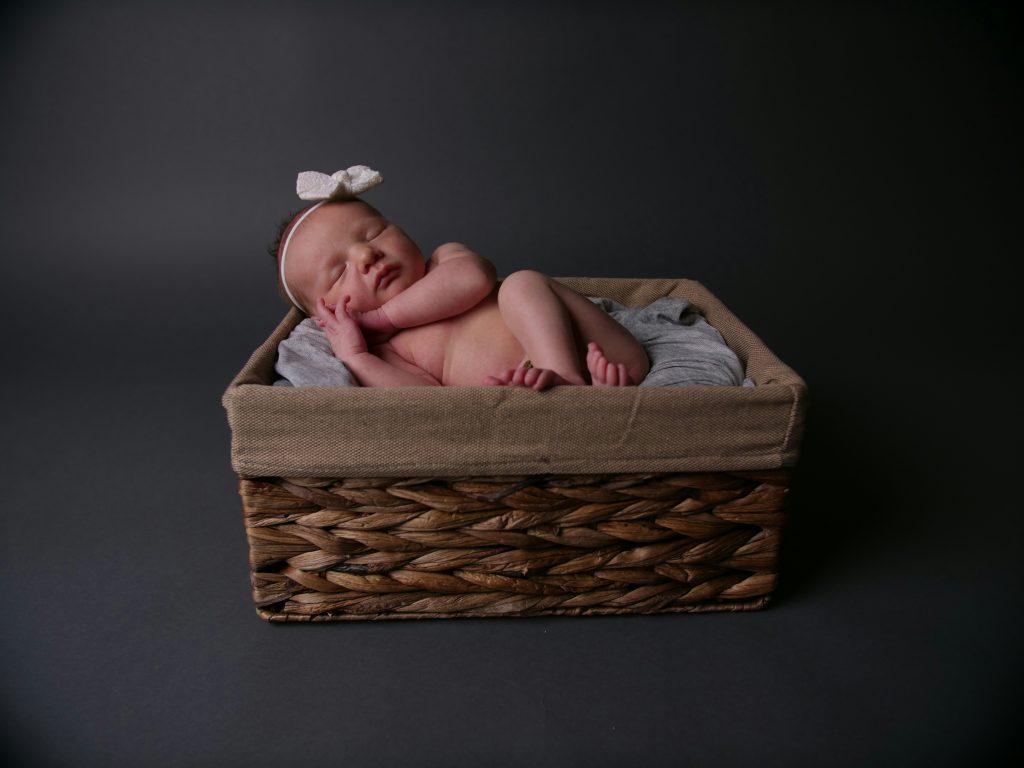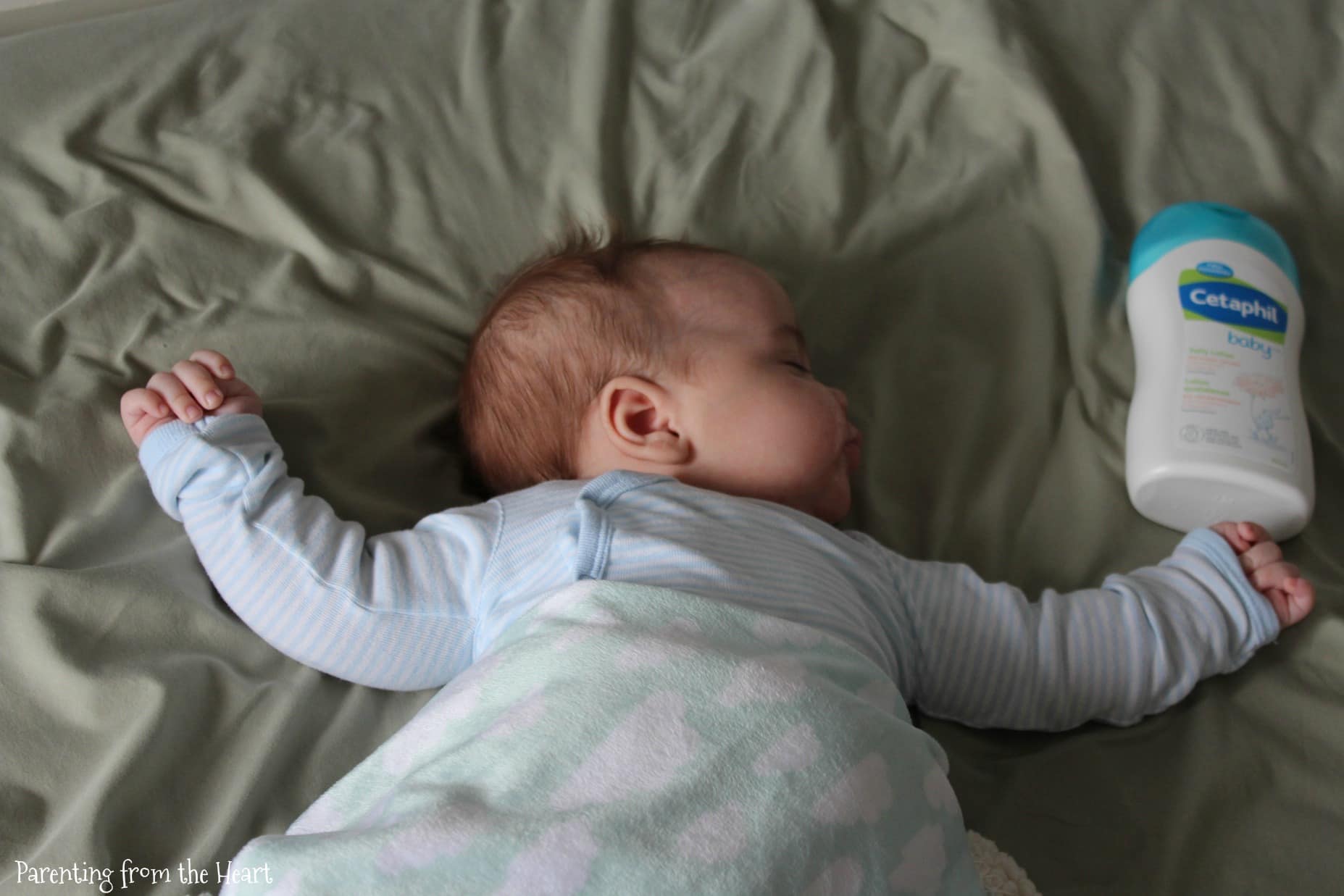Table of Contents
Searching for vintage girl names to grace your little miss? Just as I’ve turned to classic names for my boys, there’s a certain charm in opting for vintage monikers for our daughters. After all, they’re classic for a reason. They stood the test of time without losing elegance through the ages.
If you’re on this adventure, too, here are some old-fashioned girl names that still blend in with today’s modern world.
Like this post? Click on the image below to pin it for later!

Top Picks for Classic Girl Names
1. Abigail
Abigail traces its origins back to its Hebrew roots. It has a sweet and gentle undertone, thanks to its translation, “my father’s joy” or “my father is joyful.” Interestingly, many parents worldwide still favor this name. Abigail still ranks 7th on the Social Security Administration’s list of top baby girl names as of 2023.1
2. Ada
Ada is a charming short moniker of German origin. It connotes “nobility” or “regality” for those who bear it. Queen Victoria helped it rise to prominence during her reign in the Victorian era. This popularity proves strong today, with many Scandinavian girls and women still sharing this name.
3. Agatha
I’ve met moms and dads who specifically handpick Agatha for its Greek roots. Meaning “honorable” or “good,” they hope their daughters embody this noble trait. Moreover, the Catholic tradition holds a distinct reverence for the title, thanks to Saint Agatha of Sicily, the patron saint of nurses and breast cancer patients. Plus, there’s the allure of Agatha Christie, giving the name an extra appeal.
4. Alma
Alma has its source in many cultures, including Latin, Arabic, Italian, Spanish, Portuguese, Filipino, and Hungarian. As such, its meaning is different in every place. In Latin, it translates to “kind” and “nourishing.” Meanwhile, Alma denotes “apple” in Hungarian and “soul” in Spanish. Author and composer Alma Mahler is one of the remarkable figures bearing this illustrious name.
5. Audrey
Both men and women nowadays carry this moniker. However, Audrey’s beginnings lie in the Old English feminine word ‘Aethelthryth’ or “noble strength.” Back in the 7th century, a saint and princess from the East of England carried this name. William Shakespeare’s play As You Like It also starred a character with such a title. Let’s not forget Audrey Hepburn who further popularized this name.

6. Blanche
I’ve always associated the name Blanche with elegance, and it’s no wonder why. It hails from the French word “white” or “pure,” making it a cute choice for your little buttercup. The 19th century saw the title Blanche surge in popularity. Blanche DuBois from the play Streetcar Named Desire is a prime example of figures epitomizing its loveliness.
7. Beatrice
Adventurous parents and guardians should consider Beatrice for their little princesses. Its Latin source denotes “voyager” and “bringer of joy,” and this moniker is not so widespread that it becomes typical. Shakespeare’s play Much Ado About Nothing facilitated this name’s popularity. Additionally, many women in the Victorian era bore this title.
8. Camille
Camille is an old-fashioned girl name that is actually gender-neutral. The Latin ‘camillus’ signifies “young ceremonial attendant.” Meanwhile, its French origins mean “perfect.” In a Catholic or religious setting, Camille connotes “helper to the priest.” Camilla is a variation of this name, carrying similar significance.
9. Cecily
Cecily’s Latin roots convey “blind.” But despite its unfavorable origin to some, Christian martyr Saint Cecilia makes this name special. She’s the patroness of music, adding depth and beauty to Cecily. Shakespeare and Oscar Wilde also bestowed this title on some of their characters. Moreover, its shortened form, Ceci, brings a unique touch.
10. Charlotte
Charlotte is perhaps among the most popular vintage girl names on this list. It derives from French origins, symbolizing “free man” and “petite.” It became a household name in the 18th century due to Queen Charlotte of Mecklenburg-Strelitz. And let’s not forget Jane Eyre author Charlotte Bronte, whose influence gave it more traction.

11. Constance
Constance represents “steadfast” or “resolute” in Latin. Like the title Agatha, nomenclators assign this name to little girls, hoping they’ll embrace such an apt characteristic. Connie, its pet form, is another endearing factor of this moniker. Actresses Constance Wu and Constance Marie are icons with this sweet name.
12. Cordelia
Cordelia, or Cordella and Cordula to some, originates in Latin and Celtic. The former roots symbolize “heart,” and the latter represents “daughter of the sea.” Cordelia is another result of Shakespeare’s intellect, as people first heard this name in his play King Lear.
13. Daphne
Daphne has a rich history steeped in myth and legend. As a nymph in Greek mythology, she transformed into a laurel tree to evade the persistent advances of Apollo, the god of the sun. Consequently, this name embodies themes of protection, nature, and love. An enchanting variant of this name is Daffodil.
14. Delilah
Delilah, immortalized in Tom Jones’ famous song, has captivated namers globally. Its Hebrew beginnings connote “delicate” and “night.” Delilah is also a well-known Biblical icon who betrayed Samson. But despite this unfortunate association, its appeal persists, thanks to its associations with independence and liberation.
15. Dorothy
Frank Baum’s The Wizard of Oz sealed this moniker in the most famous list of classic girl names. With Greek roots meaning “gift of God,” it’s a favorite pick for moms and dads. The women of the 16th century saw Dorothy surge to fame. Since then, it has endured as a timeless and delightful name for girls across generations.

16. Eleanor
True to its illustrious namesake, Queen Eleanor of Aquitaine, this name radiates “regality.” Its Greek and French beginnings also symbolize “bright” or “shining one.” Eleanor Roosevelt, the wife of U.S. President Franklin D. Roosevelt, lent further grace and positive connotations to this timeless moniker.
17. Ella
Ella rings enchantment, much like Anne Hathaway’s portrayal in the film Ella Enchanted. This title stems from diverse roots, such as the German ‘ali’ or “foreign.” Ella also emerged from the Norman French word ‘alor’ or “allure.” Likewise, it offers variations you can use, such as Ellen and Elena.
18. Eloise
Eloise is another old-fashioned girl name most recently portrayed in the Netflix series Bridgerton. From the Old German name Helewidis, it translates to “famous warrior” or “warrior maiden.” It also represents “sun” in Greek. Those who bear this name enjoy Ellie, Loise, and Lolly as nicknames.
19. Esmeralda
Esmeralda, most popular due to Victor Hugo’s novel The Hunchback of Notre Dame, propelled this vintage girl name into the modern era. Its Spanish and Portuguese connotations convey “emerald.” This gem symbolizes growth, love, and truth, rendering it a great choice for daughters.
20. Estelle
Estelle is another vintage girl name on this list with French beginnings. It signifies “star” and springs from the Latin moniker Stella. Interestingly, people in the past used this title to describe the Virgin Mary. Estelle shied away from girls and women in the 1940s but has been back since the 2000s.

21. Genevieve
Genevieve dates back to the 5th century, when Parisian patron Saint Geneviève graced the land. The name has Germanic ties, meaning “of the race of women.” Other connotations of the moniker include “tribe” and “white wave.” Genevieve has a philosophical ring to it, and its shortened form, Vivi, is a cute nickname for those who bear this moniker.
22. Gwendolyn
Nomenclators fond of myths will love Gwendolyn’s origin. After all, it denotes a “blessed and white ring.” It also translates to “fair” and “white.” Pulitzer Prize winner Gwendolyn Brooks is a famous icon with this distinction. Moreover, Gwendolyn has many variations, such as Jenny, Gwen, Wynne, and Jean.
23. Grace
Grace is full of depth and charm, even as an adjective. The name’s beginning traces back to Latin origins, meaning “generosity” and “kindness.” In religious contexts, it holds even greater significance, symbolizing the mercy and love of the divine.
24. Harriet
Harriet Tubman perfectly epitomized the Old Germanic roots of her name, which means “estate ruler” or “home ruler.” In French, Harriet is Henriette. Additional etymology links it to “keeper of the heart” and “mistress of the home.”
25. Isadora
Isidora stemmed from Greek origins and connotes the “gift of Isis.” In Egyptian mythology, the great goddess Isis provides magic, fertility, and healing. She also surpasses all deities. While not as common as other names, its uniqueness can make it a special choice for your little princess.

26. Josephine
Josephine is a variant of the boy name Joseph. Likewise, its French roots give it the translation “God will increase.” This translation and its French origin contribute to its popularity among royal families. Others associate Josephine with brilliance and honesty.
27. Katherine
Katherine’s Irish and Latin origins give it the denotation of “pure.” Interestingly, the name also comes from the Greek name Aikaterina. One of the most famous namesakes is Saint Catherine of Alexandria, patron saint of students and teachers.
28. Lilian
Similar to Katherine, Lilian originates from Latin sources, signifying “pure.” It also shares its roots with the Latin word ‘lilium,’ referring to the flower lily. Throughout Roman mythology and diverse cultures throughout history, people entwine Lilian with themes of peace, innocence, purity, and renewal.
29. Margaret
Margaret, or Margareth, means “pearl” from its Greek origins. Over time, this significance evolved to encompass “pearl of wisdom” and “descendant of light.” Margaret Thatcher, the former British Prime Minister, stands as a notable example of this iconic moniker.
30. Nathalie
Nathalie is inherently a festive name. After all, its Latin source suggests “birthday” or “Christmas day.” Nathalie’s French roots further emphasize the meaning of “birth of the Lord.” These rich meanings make Nathalie a compelling choice for parents of faith.
31. Ophelia
I first heard this title from Shakespeare’s play Hamlet. However, what intrigues me is Ophelia’s connection to Greek origins, which signifies “helper” or “aid.” Interestingly, folks in various regions refer to it differently, with some opting for a swap from ‘ph’ to ‘f.’
32. Penelope
Penelope is one of the Greek mythology characters I love. She’s Odysseus’s loyal wife and remained faithful to him until his return, signifying enduring love. Additionally, Penelope’s Greek beginnings symbolize “weaver.” Nowadays, people shorten it to Penny and Nellie for extra endearment.
33. Rose
Rose, in its Latin roots, means “rosa” or “flower.” It initially became famous in England in the Middle Ages for symbolizing love and beauty. It has stayed a classic girl name since. Rose has many variations, including Rosa, Rosy, Rosalia, and Rosario.
34. Rosalind
Rosalind springs from Old German and Spanish origins. It connotes “gentle horse” and “the fair rose” and later evolved to “tender” or “soft” in English. Folks associate Rosalind with qualities of truth, depth, and spiritual triumph. Moreover, a notable character bearing this moniker appears in Shakespeare’s play As You Like It.
35. Seraphina
Seraphina’s Hebrew roots pertain to angelic beings as the “burning ones.” Unlike their darker counterparts, their fire represents eternal closeness, worship, and zeal for God. Consequently, Seraphina embodies fiery and powerful qualities, making it an ideal choice for daughters.

36. Sylvia
Nature-loving parents will adore Sylvia’s rich history. The Latin ‘silva’ stands for “of the forest” or “wood spirit,” and a Roman god of the fields and forests bears it as Sylvanus.2 Author Sylvia Plath serves as an emblem for this old-fashioned girl moniker.
37. Theodora
With Old Greek beginnings, Theodora means “gift of God.” It also represents “abundance” and a feminine variation of Theodoros or Theodore. Nowadays, it’s a common name for Hispanic women, who shorten it to nicknames like Thea, Teddy, and Dora.
38. Victoria
Victoria’s Latin roots translate to—you guessed it—“victory.” This title traces back to the 4th century when the Catholic Church honored Saint Victoria from North Africa as a martyr.3 The moniker further rose to prominence during Queen Victoria of England’s reign until the early 1900s.
Tips on Finding the Perfect Vintage Girl Name for Your Baby
Feeling overwhelmed with the choices? To help you simplify and narrow down your choices, consider these tips:
- Research names from different cultures. There are over 3,000 cultures worldwide, so don’t narrow your research to just one or a few.4
- Look into family history and ancestors for inspiration. Who knows, some family members from the past already carried the vintage girl names you’re looking for.
- Play with spelling or variation. If you’re set with a classic moniker, tweak the spelling slightly for a unique twist. Just be careful not to make it overly complicated.
- Mix and match. There are no strict rules to name-giving. As long as it’s tasteful and respectful, combine modern with old-fashioned ones. Or explore cultural blends. Let your imagination roam and craft a name that resonates with your heart and heritage.
Conclusion
Vintage girl names for daughters are great ways to honor the past while celebrating the present. They’re rich in history and meaning, offering depth and more character to your princess. Check out the options above to help you with your search.
What is your favorite classic girl name? Let us know in the comments below.
- “Popular names of the period 2010s.” Social Security Administration, 2023. ↩︎
- “Sylvan.” Merriam-Webster Dictionary. ↩︎
- “Victoria.” Behind the Name, 2024. ↩︎
- Foley et al. “The evolution of the diversity of cultures.” Philosophical Transactions of the Royal Society of London B, 2011. ↩︎











